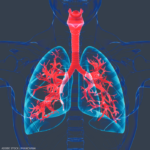Improving access to rheumatology care for underserved patient populations is a priority for the ACR, and the subject of a major position statement by the Committee on Rheumatologic Care (CORC) in 2017. According to the ACR’s 2015 Workforce Study, the existing shortage of rheumatologists and rheumatology health professionals is expected to worsen in the next…








